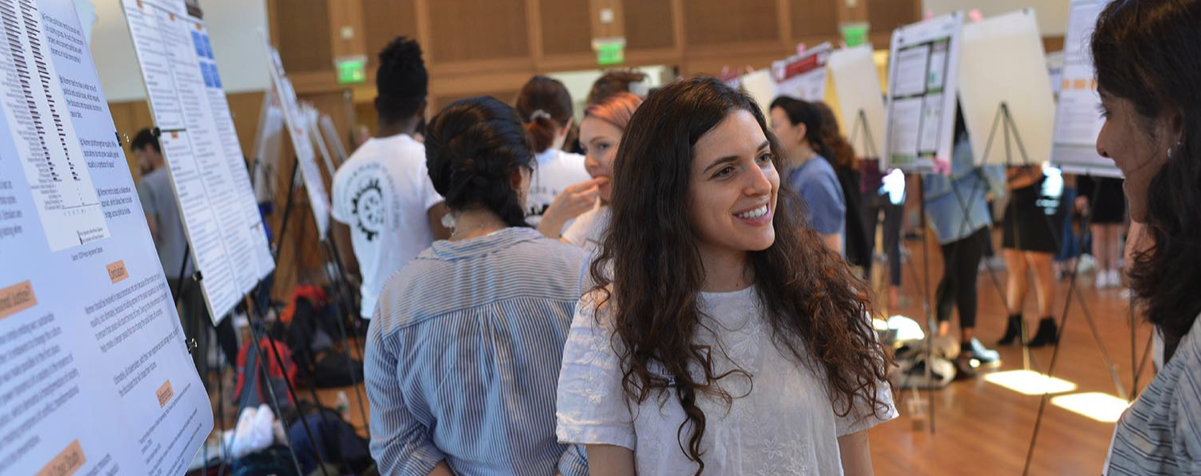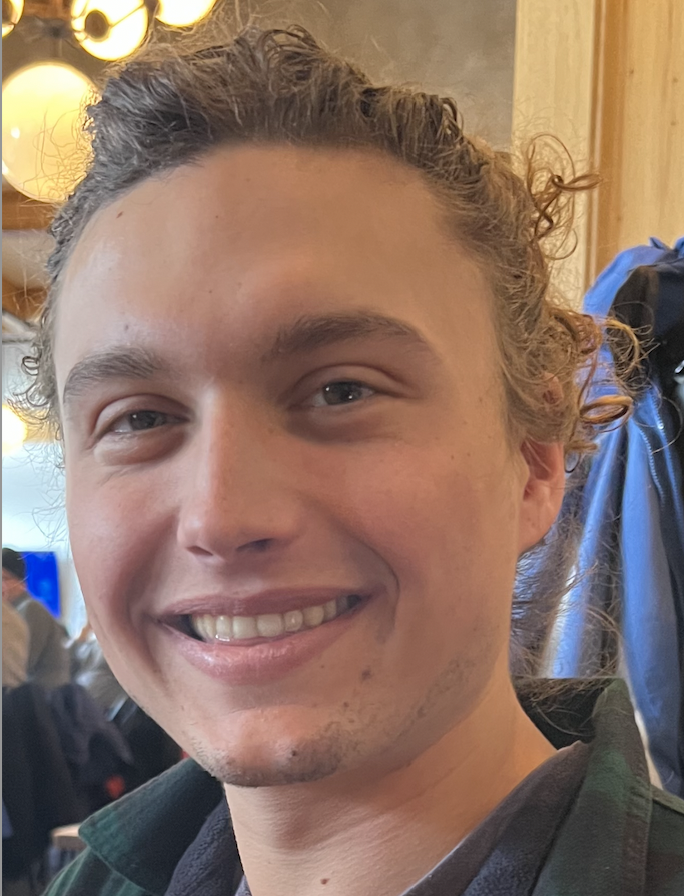Faculty Sponsor: Michael Perez
Live Poster Session: https://wesleyan.zoom.us/j/98469894874
Abstract: In 2015, white supremacist Dylann Roof killed Black churchgoers in South Carolina, and was forgiven by some church members. The media’s spotlight of this act sparked debate on the consequences of Black forgiveness (Johnson & Fisher, 2019). We conducted three studies to investigate Black forgiveness as an expected norm and how racial ideology influences endorsement of Black forgiveness. In study 1, we analyzed YouTube comments from two news stories from ABC News (N = 1972). One story involved a Black forgiveness narrative and the other a non-forgiveness narrative. Comments responding to the forgiveness narrative had a higher percentage of positive emotion words and lower percentage of negative emotion words than the non-forgiveness narrative. In study 2, we analyzed YouTube comments from two news stories from CNN News (N = 2578). Both videos addressed a Buffalo shooting case, one involved a Black forgiveness narrative and the other a non-forgiveness narrative. The one with a forgiveness narrative elicited positive emotions, and the one with a non-forgiveness narrative elicited more negative emotions. In study 3 (N = 211), we analyzed racial ideology (colorblind/multicultural) as a cause for preferences towards Black forgiveness narratives (forgive/non-forgive). Overall, participants reported higher positive perceptions of Black victims who forgave racial violence than victims who did not, and participants exposed to multiculturalism reported higher positive perceptions of victims of racial violence than participants exposed to colorblindness.
Student-Research-Poster-Black-Forgiveness_MP



